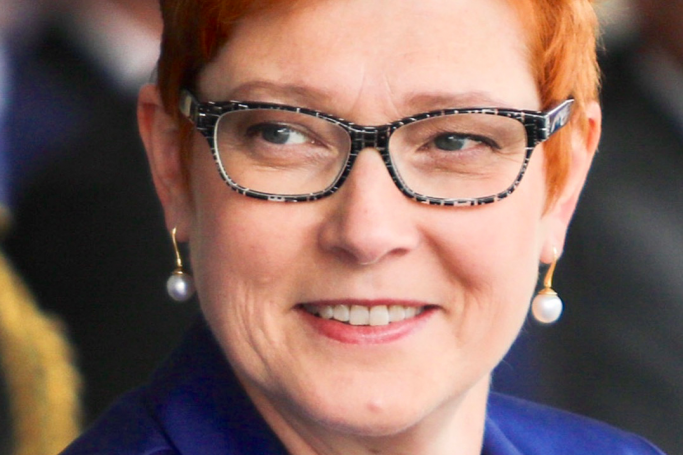Mizzima
The Australian Embassy in Myanmar joined 11 other embassies this week signing a heartfelt statement in support of those on the streets and putting their lives on the line for democracy and freedom.
This is the second statement released by the twelve embassies in Myanmar. Their 12 February statement was conventionally directed state-to-state calling on the military junta ‘to refrain from violence against demonstrators and civilians, who are protesting the overthrow of their legitimate government.’
Australian Embassy’s signing of the statement aligning itself with the Myanmar people is significant.
The statement positions the Australian embassy in a more friendly and open orientation regarding the civil disobedience movement (CDM) and democracy activists.
It is an effort that may alleviate some frustration of Australian diplomats in Yangon in the face of Canberra inaction.
The statement appears to respond to widespread calls on the streets for R2P; desperate calls for effective international action to stop the military regime’s continuing commitment of atrocity crimes.
‘Violence has to stop, all political detainees must be released, and democracy should be restored,’ the statement demanded.
This is pertinent given the UN Special Envoy’s recent warning to the UN Security Council that ‘a bloodbath is immanent.’ Indeed, as one commentator observed, the bloodbath is happening.
Australia’s co-signing of the Embassies statement parallels the Australian defence force’s co-signing of the Joint Chiefs of Defence letter to the military junta released on 27 March.
This was a powerful message to the military junta as Asian countries Japan and Korea were signatories. The last time a joint statement by Chiefs of Defence was issued was 30 years ago during the Cambodian Peace process.
Protocol dictates that the Australian Embassy’s signing of the joint statement would have been pre-approved by the Australian Government. However, the statement’s empathetic tone contrasts starkly with the overall inaction of the Australian Government to date.
Australia’s Minister for Foreign Affairs and Trade, Marise Payne (pictured), has released two short statements since the crisis began. On 1 February, Payne expressed deep concern over the military’s seizing control of government apparatus. It was not until a 12 February statement by Australian representatives at the UN Human Rights Commission that a government formally declared the junta’s actions a coup.
Payne’s second statement came on 7th March. Following mounting evidence of atrocity crimes and pressure from local and global human rights activists, Payne announced the suspension of Australia’s limited military engagement with the Junta.
This move came after it appeared that the Australian Government’s was unable to secure the release of respected economist and advisor to Aung San Suu Kyi, Professor Sean Turnell who was arbitrarily detained in Naypyidaw on 6th February.
By 9th March, the military junta announced it had charged Turnell under the colonial era official secrets act which carries a maximum penalty of 14 years imprisonment.
Despite new and increasingly strong targeted sanctions imposed by the US, UK, EU, Canada, and New Zealand, the Australian Government has not revised its pre-coup sanctions regime. Australia’s limited sanctions fails to target Min Aung Hlaing, the military’s cash cow conglomerates, the Myanmar Economic Corporation (MEC) and the Myanmar Economic Holdings Limited (MEHL) or other significant junta figures and their families.
Other Ambassadorial signatories to the statements include Canada; the Delegation of the EU and European Union Member States with presence in Myanmar: the Czech Republic, Denmark, Finland, France, Germany, Italy, the Netherlands, Spain and Sweden; New Zealand; Norway; the Republic of Korea; Switzerland; the United Kingdom and the United States.












